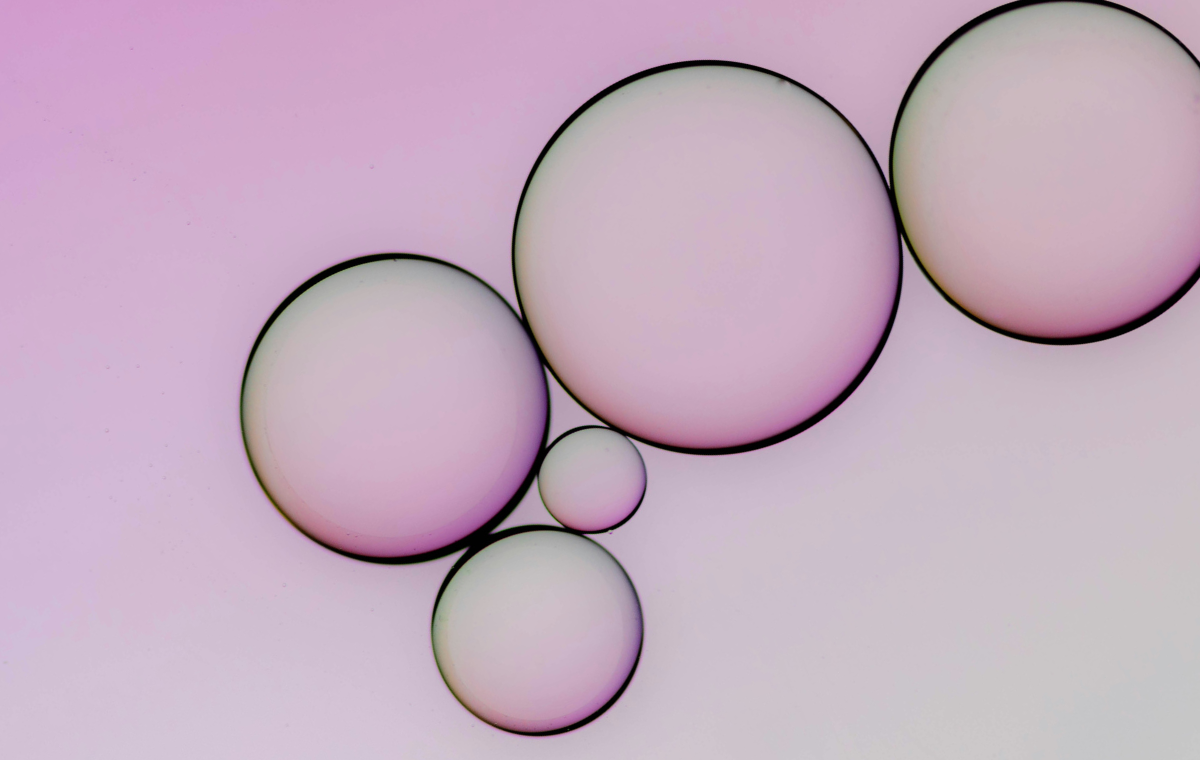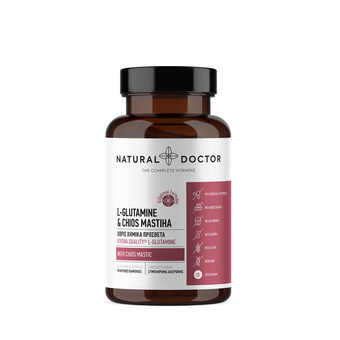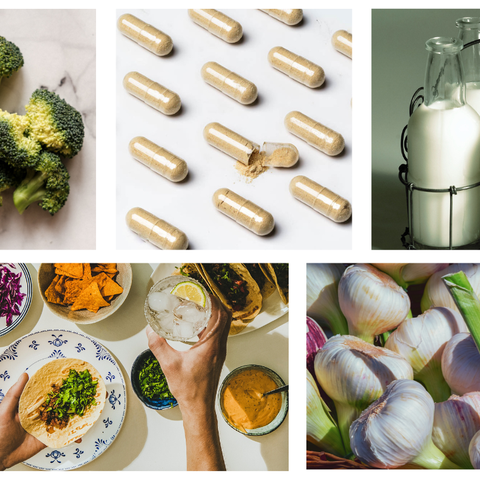A healthy diet for irritable bowel syndrome

Irritable bowel syndrome is one of the most common bowel disorders. It is a disease more common in women than in men in a ratio of two to one.
It is a condition that causes abdominal pain and several problems in bowel motility. In some people, diarrhoea occurs mainly, while in others, constipation. There is often an alternation between constipation and diarrhoea, and additional bloating, cramps, gas, stomach pain or even lower back pain may occur.
Irritable bowel syndrome has many causes, but one of them is dominant according to scientists. It is a breakdown of the cells of the mucosa, which overlap the inside of the intestine. The intestine's inner surface has a covering layer of mucus, which acts as a lubricant to prevent the intestine's damage. This layer of mucus, or intestinal mucosa, acts as a barrier between the intestinal content and the bloodstream.
Thus pathogenic bacteria, allergens, or other unnecessary elements located in the intestine can not pass into the bloodstream. In a healthy body, this mechanism acts as a shield and blocks harmful elements that have entered the intestine enter the bloodstream.
When the intestinal mucosa becomes perforated, pathogenic bacteria and other elements enter the bloodstream and gradually cause painful symptoms. The more severe the mucosal lesions, the more severe the symptoms of spastic colitis or irritable bowel syndrome.
Many foods strongly affect the symptoms of irritable bowel syndrome or spastic colitis. Keep a diary of what you eat each day to understand what improves and worsens your symptoms. If you have colitis or irritable bowel syndrome, generally avoid the following foods.
- Fat
- Dairy
- Sugar
- Soft drinks
- Fruit
- Gluten
- Caffeine
- Alcohol
Is glutamine beneficial to irritable bowel syndrome?
Glutamine is the most abundant amino acid in the human body and one important source of energy for intestinal and immune cells. It is also present in muscles, blood, and lungs. This amino acid is a vital source of energy for the gut and the immune system and helps maintain the defence against germs. These properties of glutamine can help in the rapid healing of burns, open wounds, and injuries, while it plays an important role in reducing the risk of infection after surgery.
- It is an essential nutrient for the reconstruction and restoration of the intestinal mucosa.
- Provides energy to neurons when glucose levels are low and reduce the desire to consume alcohol and sugar.
- It helps the body produce glutathione, a powerful antioxidant.
- It improves athletic performance and helps muscles to come back quickly after intense exercise.
Foods that are abundant sources of glutamine are:
- chicken
- fish
- red cabbage
- broccoli
- asparagus
- beans
- spinach
Glutamine deficiency
The body normally produces as much glutamine as it needs. However, in stressful situations, in a prolonged illness or injury, additional glutamine supplementation is often required through dietary supplements or special diets.
Glutamine deficiency can occur after:
- intense stress
- inflammation of the intestine
- injury
- infections
- intense exercise
- chemotherapy
- radiotherapy
Glutamine and irritable bowel
Recent research has shown that glutamine can act as a protective shield for the gut. Glutamine improves the structure and permeability of the intestinal mucosa, which is one of the main problems in the irritable bowel. According to studies, the mucus layer that covers the intestine is thicker and richer in protein after taking glutamine.
Chios mastic and intestine
Chios mastic comes from the plant Pistacia lentiscus var. Chia and is cultivated exclusively in southern Chios. Since 1997, it has been designated by the European Union as a Protected Designation of Origin (PDO) product. It has been used in traditional Greek medicine for stomach and gut problems for more than 2,500 years.
Galen, an ancient Greek physician equally honoured like Hippocrates, praised the antimicrobial properties of mastic and its contribution to inflammation of the stomach and intestines.
What makes mastich so unique are the properties and variety of its chemical elements and the essential oil of the resin. Chios mastic contains natural antimicrobial ingredients and has beneficial antioxidant and anti-inflammatory qualities.
In a modern study published in the World Journal of Gastroenterology by Greek scientists, the intake of Chios mastic appeared to significantly improve symptoms in people with irritable bowel syndrome. Other studies have also shown that Chios Mastic has a beneficial effect onHelicobacter pyloriand small bowel ulcers.
What you can do if you experience an irritable bowel syndrome
- Follow a diet with low FODMAPS
- Enhance bowel function daily with high power probiotics
- Supplement your daily diet with glutamine and Chios Mastic
Optimal health needs our consistent small actions every day. A healthy nutrition supported with the right supplementation is the basis for good health and prevention.



